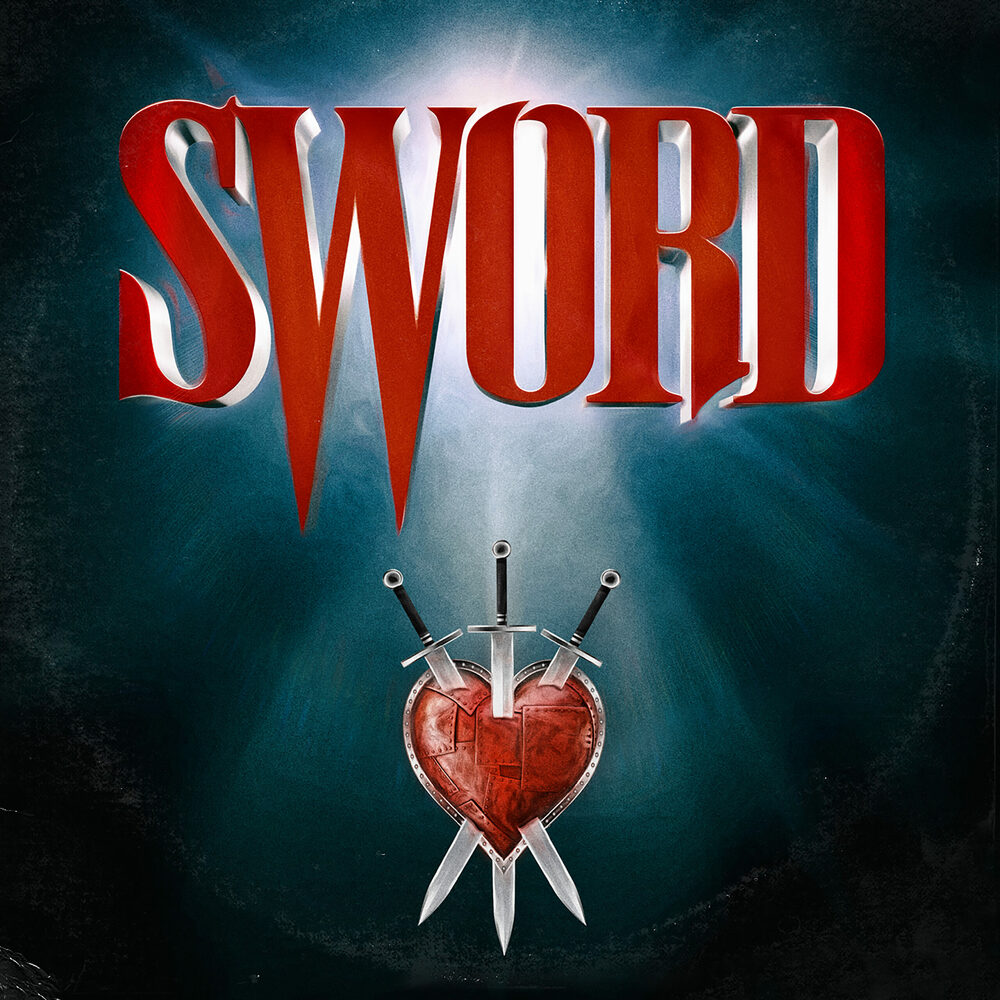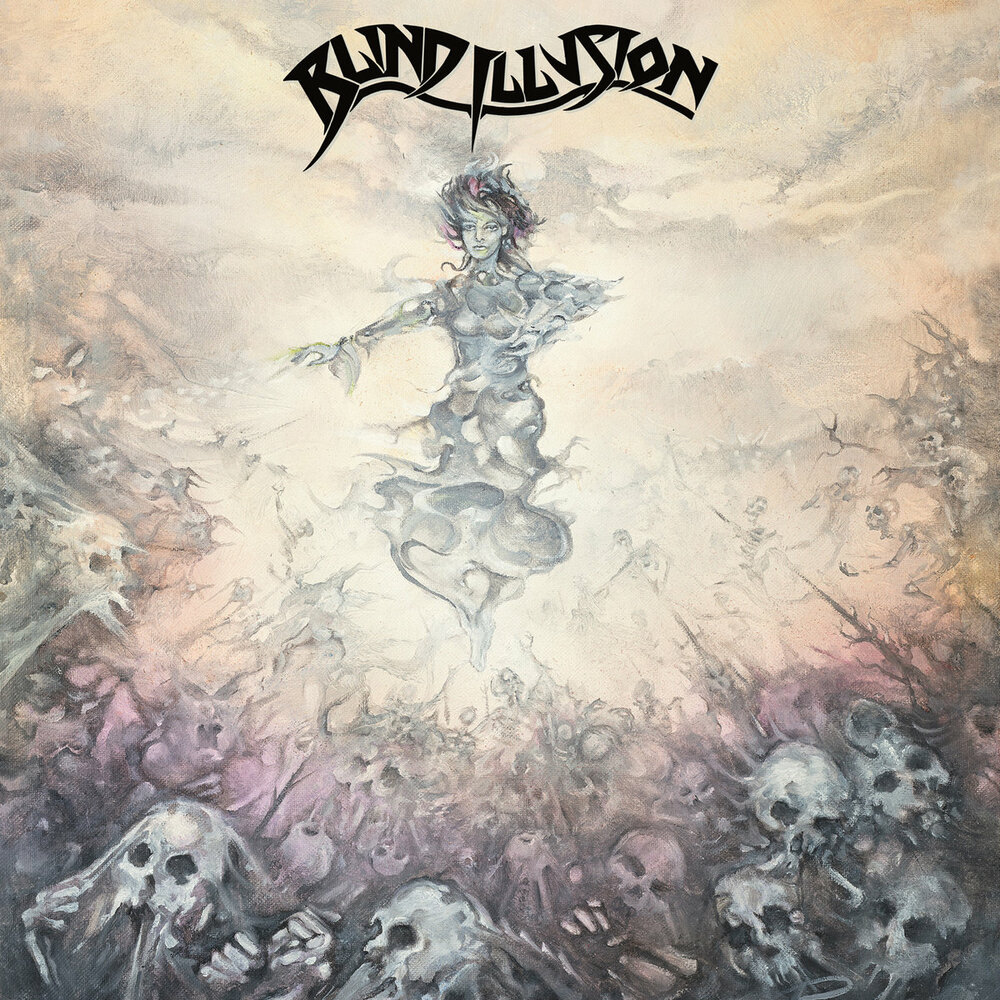 |
Country: USA
Style: Death Metal
Rating: 8/10
Release Date: 30 Sep 2022
Sites: Facebook | Instagram | Metal Archives | Wikipedia
Here's an album I missed at the end of September, which I should address before I run out of year. No conversation about the origins of American death metal can exclude Autopsy, even though the band hail from California rather than Florida. I'm way out of date with them, given that I last saw them live in 1989, headlining over Paradise Lost at the late and lamented Queens Hall in Bradford a couple of weeks before I saw Obituary and Morgoth at the same venue. Looking back, they were my first death metal headliner, as Morgoth a few months earlier were supporting Paradise Lost, downstairs in the Cellar Bar.
Needless to say, those were early days for death metal and I was thoroughly enjoying a new form of sonic brutality. The heyday was still to come—this was a couple of years before Mental Funeral, though Obituary were touring to support Slowly We Rot—but I bored of what would soon become known as brutal death metal pretty quickly, shifting over to the newer melodic death metal when Dark Tranquillity put out Skydancer. All of which is a roundabout way to point out that I'm hardly a guaranteed fan of the genre but I enjoyed this a lot more than I expected to.
It's Autopsy's ninth album, arriving seven years after Skull Grinder, which wrapped up a busy time for them. They had reformed in 2009 after fourteen years away and they knocked out four albums from 2011 to 2015, before this fresh gap. I haven't heard any of those, but they feel invigorated on this one, so maybe the higher ratings at Metal Archives suggest that they used those years well.
What I'd forgotten over the decades is how much doom there was in Autopsy's sound, along with the death. This is very much death/doom in that particular order, as against the doom/death that I've loved for so long from bands like Paradise Lost and Anathema. While the latter tends to be an identifiable sound, this is a shift between two modes, one fast and frantic, the other a slow churn. It feels good in 2022 to hear that old combination with the benefit of 21st century production and it's far more interesting to me than the full on, always frantic approach of, say, Cannibal Corpse.
For instance, Stab the Brain leaps right into the fray with abandon, as do later songs such as Born in Blood and Knife Slice, Axe Chop. However, they're never going to be mistaken for Skin by Skin or Final Frost, which are guttural sludgy doom for a while, before they decide to go frantic. It's almost like they're giving the pit a rest. Churn to this one, then take a moment to feel and breathe before we ramp right up again and you'll be churning again. The Voracious One and Tapestry of Scars add a cleaner feel to the doom, starting out reminiscent of Cathedral.
The most frantic sections, whether in fast songs or slow ones, tend to arrive with guitar solos. Eric Cutler and Danny Coralles may take it slow for a lot of sections in songs, but they always blister on solos and the rest of the band always speeds up to match them. Otherwise, there's little rhyme or reason why a song might go from fast to slow or slow to fast. I can happily praise the variety that's on offer while being puzzled as to why the songs change they way they do.
It's as if whatever these musicians feel like at any point in time drives that particular section of a song and they're all very much aware of what they're each doing, like this is a complex jam session. Everyone tries to catch each other out but nobody ever does and there's a particular pickup back to speed in Knife Slice, Axe Chop that's so tight that it had me grinning. This is a fast song from its first moments but it slows down to a crawl midway with a solid plodding doom riff, first on bass and then echoed on guitar. When it ramps back up is a thing of festering beauty.
The only real song that doesn't either speed up or slow down is Maggots in the Mirror, because it doesn't have time to do that. None of these songs are long, most of them wrapped up in three or four minutes and change, and the longest, Tapestry of Scars, doesn't quite make it to five minutes. However, while Knife Slice, Axe Chop manages two tempo shifts in its sub-three minutes, Maggots in the Mirror has to be content with just blistering through because it's over and done well under two minutes after launching itself through the starting gate. And it's a highlight.
I liked this a lot. It reminded me of those early years when this was a new style that was confusing a lot of metal fans. After all, Autopsy's debut in 1989 came only a decade after Motörhead had hit everyone for six with Overkill. The sheer change within those ten years is hard to fathom. Now, in 2022, with death metal a genre that's split and split again into countless forms, this feels fresh in a way that I didn't expect it to be. Sure, it looks backwards rather than forwards, but it reminds us that death metal is supposed to be heavy as well as fast. I think a lot of bands have forgotten that in the assumption that they just need to downtune and growl and be done. They should dissect an Autopsy album and this seems like a perfect place to start.















